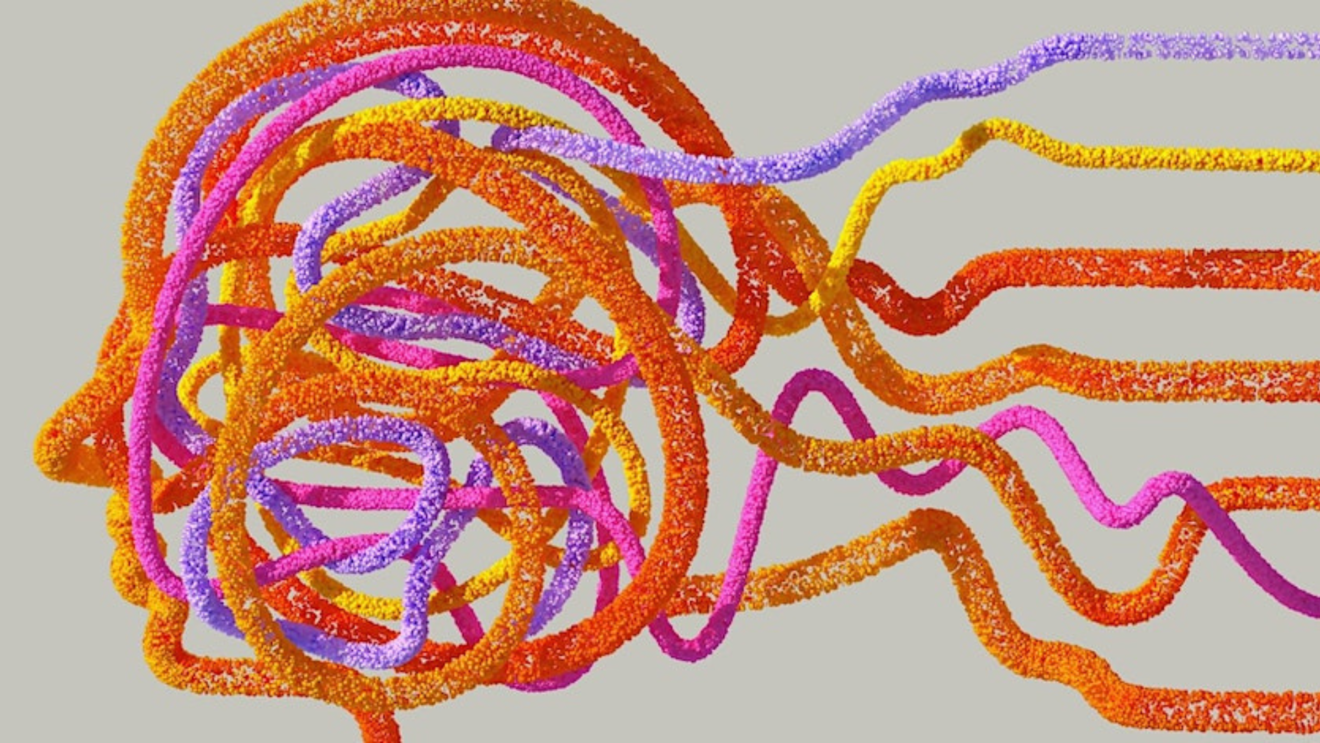

Data analysis may seem straightforward, but there are different variables, assumptions and processes in collecting and interpreting data.

This is a hybrid event:
Please choose the correct ticket type when registering.
Data analysis may seem straightforward, but there are different variables, assumptions and processes in collecting and interpreting data. Where does this leave ethics and the systems and tools we use?
While people often tend to think about “data” as a straightforward set of facts about the world that you feed into some software to get out an “analysis” or “decision” that is “data-driven”. But there’s a lot that goes on before data is collected, within and between software systems, and after an initial output.
This process involves lots of values and assumptions about what data is collected, what it means, and how it should and shouldn’t be used.
This panel includes experts from different fields who use data-driven processes to talk us through how they see that whole process, their unique data journeys, and where they think the most ethically salient points are in the processes.
Questions that may be explored include:
Chair
Panelists
Hosted by the Melbourne Data Analytics Platform (MDAP) and Centre for Artificial Intelligence and Digital Ethics (CAIDE).
Order of events